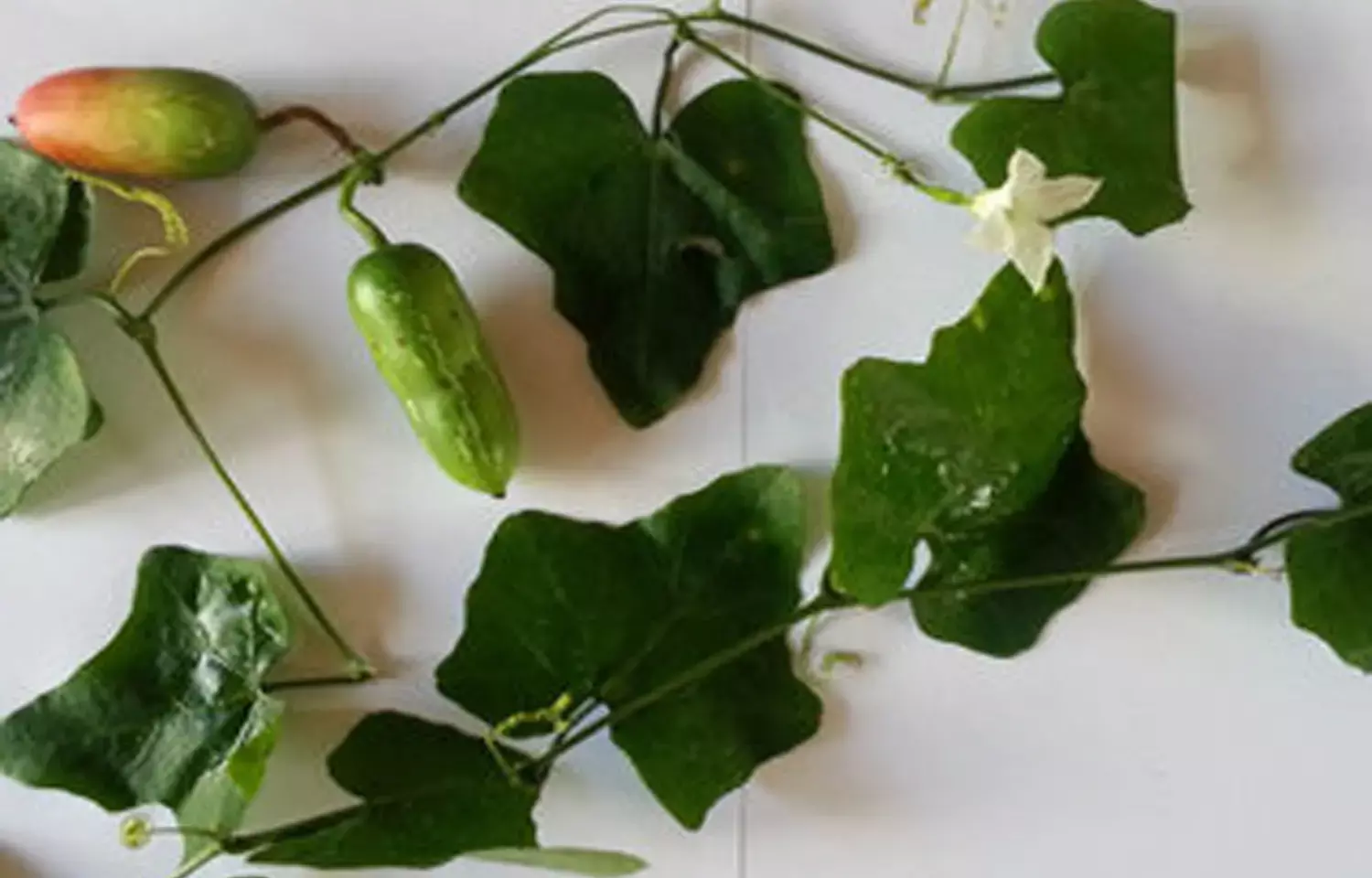- Home
- Medical news & Guidelines
- Anesthesiology
- Cardiology and CTVS
- Critical Care
- Dentistry
- Dermatology
- Diabetes and Endocrinology
- ENT
- Gastroenterology
- Medicine
- Nephrology
- Neurology
- Obstretics-Gynaecology
- Oncology
- Ophthalmology
- Orthopaedics
- Pediatrics-Neonatology
- Psychiatry
- Pulmonology
- Radiology
- Surgery
- Urology
- Laboratory Medicine
- Diet
- Nursing
- Paramedical
- Physiotherapy
- Health news
- Fact Check
- Bone Health Fact Check
- Brain Health Fact Check
- Cancer Related Fact Check
- Child Care Fact Check
- Dental and oral health fact check
- Diabetes and metabolic health fact check
- Diet and Nutrition Fact Check
- Eye and ENT Care Fact Check
- Fitness fact check
- Gut health fact check
- Heart health fact check
- Kidney health fact check
- Medical education fact check
- Men's health fact check
- Respiratory fact check
- Skin and hair care fact check
- Vaccine and Immunization fact check
- Women's health fact check
- AYUSH
- State News
- Andaman and Nicobar Islands
- Andhra Pradesh
- Arunachal Pradesh
- Assam
- Bihar
- Chandigarh
- Chattisgarh
- Dadra and Nagar Haveli
- Daman and Diu
- Delhi
- Goa
- Gujarat
- Haryana
- Himachal Pradesh
- Jammu & Kashmir
- Jharkhand
- Karnataka
- Kerala
- Ladakh
- Lakshadweep
- Madhya Pradesh
- Maharashtra
- Manipur
- Meghalaya
- Mizoram
- Nagaland
- Odisha
- Puducherry
- Punjab
- Rajasthan
- Sikkim
- Tamil Nadu
- Telangana
- Tripura
- Uttar Pradesh
- Uttrakhand
- West Bengal
- Medical Education
- Industry
Newly formulated herbal drug may lower blood sugar in early diabetes: Study

Sri Lanka: A newly formulated herbal drug of C. grandis (500 mg per day) significantly improved blood sugar control in patients with newly diagnosed type 2 diabetes (T2D), according to a recent study in the journal Phytomedicine.
Several preclinical studies have shown the aqueous leaves extract of Coccinia grandis (Linn.) Voigt (Cucurbitaceae) to be promising for the in vivo and in vitro diabetes treatment. The present study by Keddagoda Gamage Piyumi Wasana, University of Ruhuna, Galle, Sri Lanka, and colleagues evaluated the efficacy and safety of a newly developed herbal formulation of C. grandis in newly diagnosed patients with type 2 diabetes mellitus.
For the purpose, the researchers conducted a three months long, randomized, double blind, placebo controlled clinical trial in patients with newly diagnosed T2D. The trial from the University Medical Clinic, Teaching Hospital, Karapitiya, Galle, Sri Lanka, recruited 158 newly diagnosed patients with T2DM based on fasting plasma glucose (FPG) concentration. They were randomly assigned to receive 500 mg of herbal drug (test group; n = 79) or placebo drug (placebo group; n = 79) once daily for three months.
Patients and investigators were blinded for the treatment. Percentage of glycated hemoglobin (HbA1C %), insulin and lipid profile parameters were estimated at the base line and at the end of the intervention. Serum concentration of fructosamine was assessed at every other visit of the trial.
The homeostatic model assessment for insulin resistance (HOMA-IR), atherogenic index (AI), cardio-protective index (CPI) and coronary risk index (CRI) were calculated. Fasting plasma glucose concentration, renal and liver toxicity parameters, hematological parameters, blood pressure (BP) were assessed throughout the study in two weekly intervals till the end of three months.
A total number of 145 patients completed the entire clinical trial period successfully.
Key findings of the study include:
- Mean (SD) changes of variables from the baseline to the end of the intervention in test and placebo groups were 0.65 and 0.08 for HbA1C %, 1.91 and -1.28 for insulin, 0.02 and -0.01 for frucosamine, 1.51 and 0.05 for FPG, 1.73 and -0.37 for HOMA-IR, 0.16 and -0.04 for TG, 0.07 and -0.02 for VLDL-C respectively.
- The herbal drug of C. grandis was unable to change other outcome variables significantly when compared to the placebo.
- All the renal, liver and toxicity parameters, hematological parameters and BP were within the normal physiological reference ranges at each visit.
"Our findings demonstrate that treatment with herbal drug of C. grandis (500 mg per day) for three months for patients with newly diagnosed T2DM significantly improved their glycemic and selected lipid profile parameters with well tolerated safety," concluded the authors.
"Efficacy and safety of a herbal drug of Coccinia grandis (Linn.) Voigt in patients with type 2 diabetes mellitus: A double blind randomized placebo controlled clinical trial," is published in the journal Phytomedicine.
DOI: https://www.sciencedirect.com/science/article/abs/pii/S0944711320302622
Dr Kamal Kant Kohli-MBBS, DTCD- a chest specialist with more than 30 years of practice and a flair for writing clinical articles, Dr Kamal Kant Kohli joined Medical Dialogues as a Chief Editor of Medical News. Besides writing articles, as an editor, he proofreads and verifies all the medical content published on Medical Dialogues including those coming from journals, studies,medical conferences,guidelines etc. Email: drkohli@medicaldialogues.in. Contact no. 011-43720751


